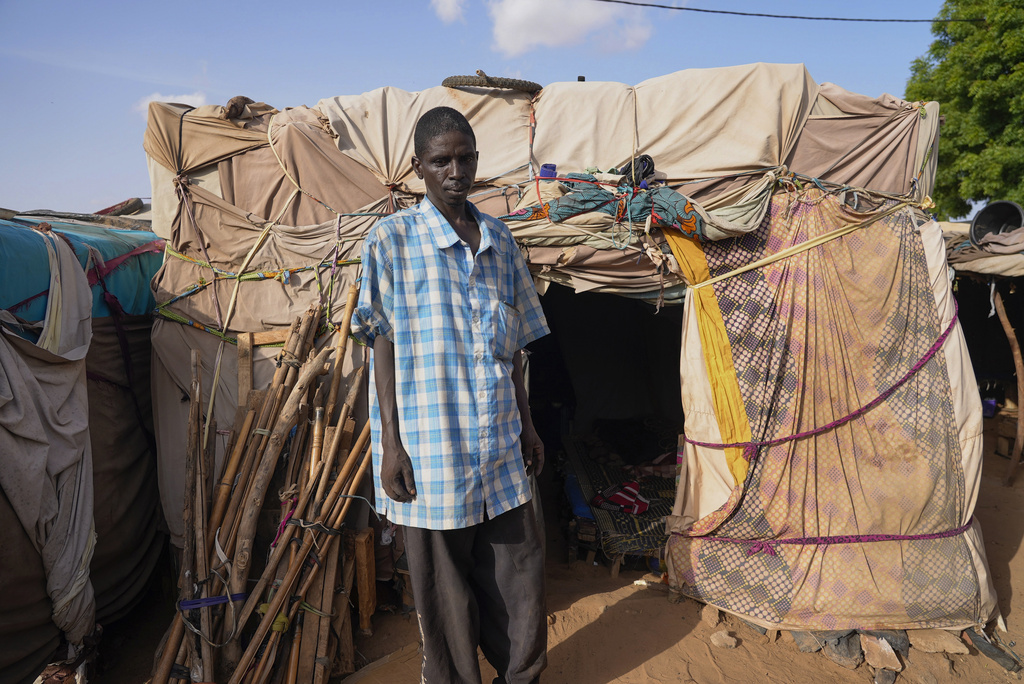Even amid the summer doldrums, the July coup in Niger, which saw the military junta overthrow President Mohamed Bazoum, did not make front-page news.
If you take American strategist Ed Luttwak’s classic, Coup d’État: A Practical Handbook, off the shelf, you will read that Nigeriens have experienced seven coup attempts between 1974 and 2010, but that more recently their country has been a rare island of stability in an unstable region. Now a game of nerves is being played: After the junta failed to leave by the deadline, restoring Bazoum’s rule, the world is watching to see whether the region’s “NATO,” ECOWAS, of which Niger is itself a member (only its membership was suspended because of the coup), will intervene.
The threat of an all-out regional war, and even a calm before the storm, has been threatened by the airspace closure in Niger and the suspension of flights to some neighboring capitals by the national airline of the former French colonialists, France being the most active European country in West Africa. Feverish negotiations are also underway within the EU, while the Russians are building on the anti-French sentiment of the West Africans.
Over the past 30 years, we Hungarians have learned what a regional war means. Not least refugees, in our case from the South Slav region and Ukraine. But the population of the West African region is seven times the size of the former Yugoslavia and Ukraine combined. They are as many as we have in the whole of the EU. Starting in Mauritania and stretching eastwards from the region to Ethiopia, the Sahel is one of the world’s most sensitive security zones.
In a regional war in which each side has its own agenda, the 100 million migrants that experts are talking about is not exaggerated. In the next few years, this many could be on the move toward Europe, the most accessible corner of the developed world. Even when West Africa is not in the news, it is suffering from a combination of shrinking arable land, food shortages, Islamist terror, Christian persecution and population explosion — a Nigerien woman, for example, gives birth to an average of seven children. War may be the last straw.
Europe is now sounding the migration alarm bell. The Hungarian position is that the problem should not be brought here, but solved locally. EU diplomacy can finally prove that it is capable of more than its dismal track record shows.






